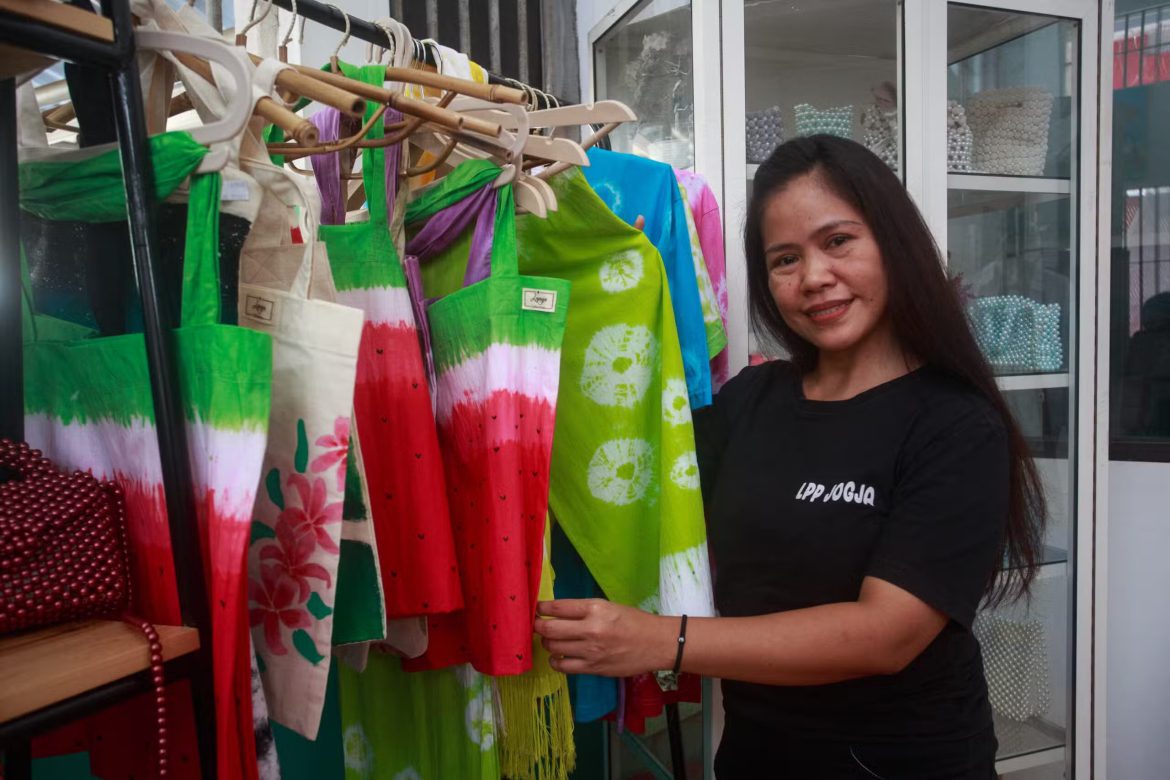Mary Jane Veloso, a Filipino woman who spent 14 years in prison in Indonesia, will soon return to the Philippines. Veloso’s return is set for December 18, 2023. This announcement came from both Indonesian officials and Malacañang, the presidential palace in the Philippines.
Veloso was convicted of drug trafficking and spent nine years on death row. Her case drew international attention, especially in 2015 when she narrowly avoided execution. Indonesian authorities halted her execution following an appeal from former Philippine President Benigno Aquino III. Aquino asked Indonesia to consider Veloso as a witness against a human trafficking syndicate, which her lawyers argue tricked her into smuggling drugs.
Her return marks the end of a long legal and diplomatic battle. The Philippine government and various human rights organizations consistently advocated for Veloso’s release. The Department of Foreign Affairs (DFA) in the Philippines has been actively involved in efforts to bring Veloso home, working closely with Indonesian counterparts.
Indonesia’s judicial system found Veloso guilty in 2010. Authorities arrested her after discovering 2.6 kilograms of heroin in her luggage at Yogyakarta airport. Veloso has maintained her innocence, claiming she was unaware of the drugs. She insisted that she was a victim of human trafficking, duped by Filipino recruiters who promised her a job in Malaysia.
Her conviction led to an automatic death sentence due to Indonesia’s strict anti-drug laws. In April 2015, she faced execution alongside eight others, but her life was spared at the last moment. Her reprieve was granted after the arrest of her alleged recruiters in the Philippines, which led to a pause in her execution.
The decision to return Veloso is a result of prolonged negotiations and legal proceedings. Philippine officials have expressed gratitude towards Indonesia for considering Veloso’s situation. Veloso’s case has highlighted issues of drug trafficking and human trafficking in Southeast Asia, drawing attention to the plight of overseas Filipino workers who fall victim to criminal syndicates.
Preparations are underway for Veloso’s return. Her family in the Philippines eagerly anticipates her arrival. Her prolonged detention and the threat of execution have been a source of anguish for her family, who have tirelessly campaigned for her freedom.
The Indonesian government had moved Veloso to a female prison in Jakarta in preparation for her deportation. Upon her return, she will reunite with her two sons, whom she has not seen since her arrest. Her homecoming is expected to be a significant event, marking the end of her ordeal.
Veloso’s story has resonated with many Filipinos, shedding light on the vulnerabilities faced by overseas workers. Her case has been emblematic of broader issues related to labor migration, legal support for citizens abroad, and the fight against human trafficking.

